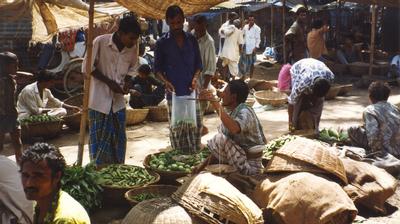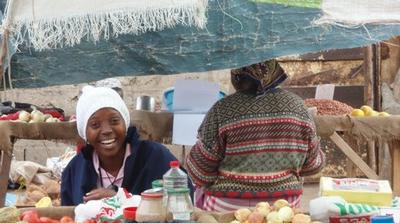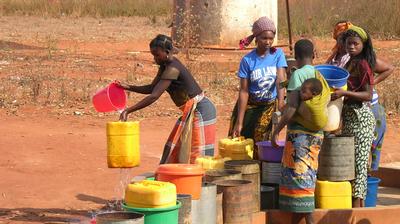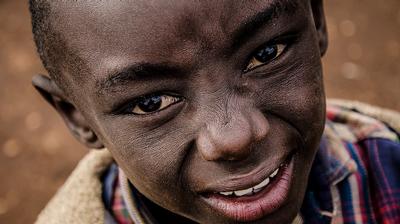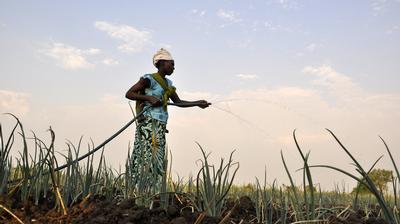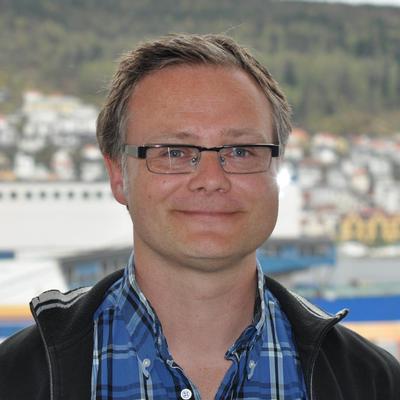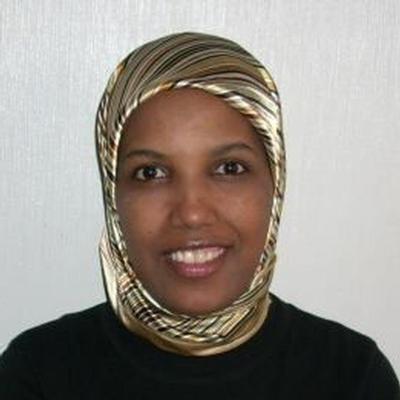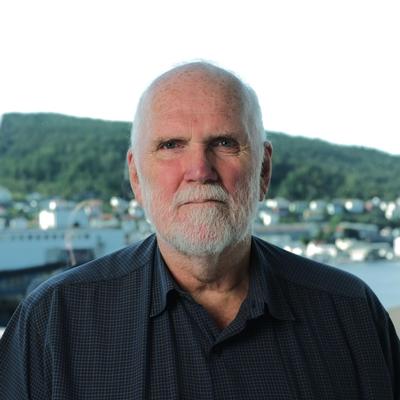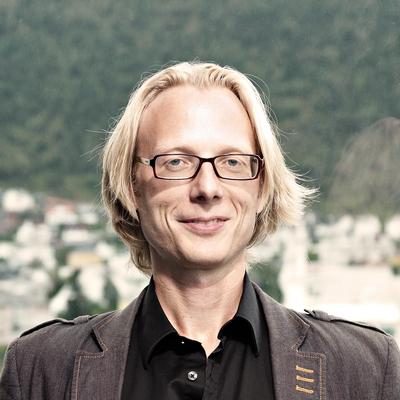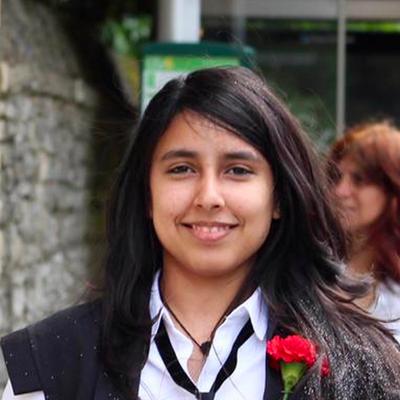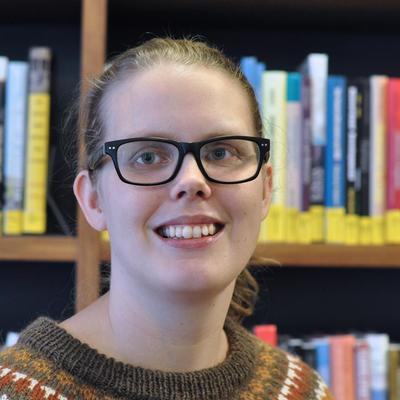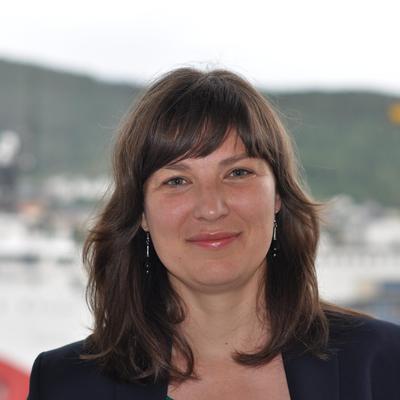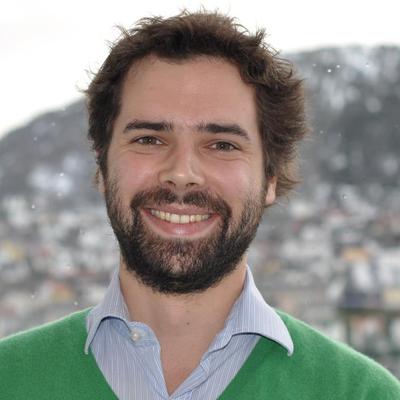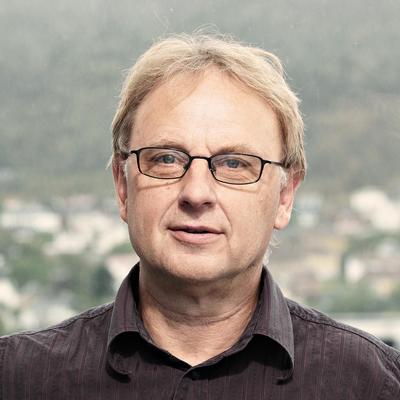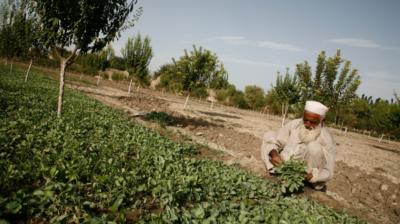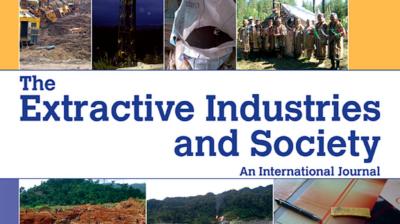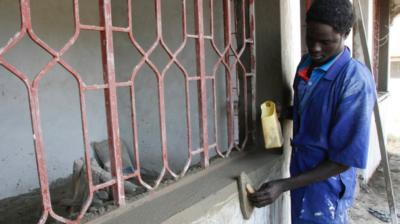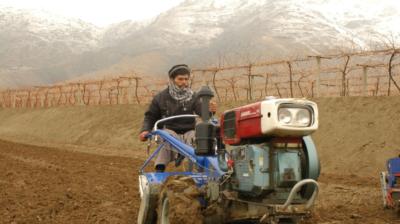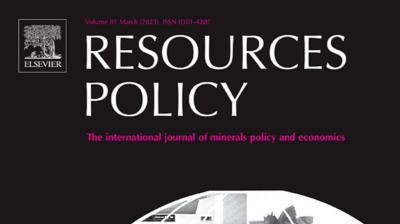Poverty
CMI studies the underlying societal and market mechanisms that may explain why people stay poor, and the design and impacts of programs to reduce poverty.
Current projects

Jun 2021 - May 2026
Jobs Network
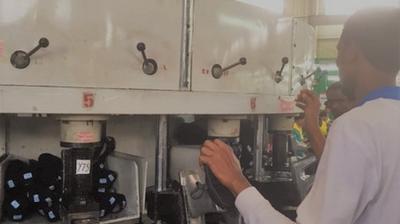
Jan 2020 - Dec 2025
Job Creation
Completed projects
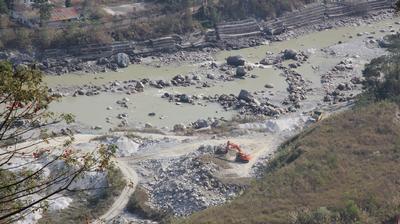
Aug 2020 - Oct 2023
The political economy of river sand mining in South Asia

Jan 2018 - Feb 2022
Creating a political and social climate for climate change

Jan 2015 - Dec 2019
Women in the developmental state: female employment and empowerment

Feb 2019 - Oct 2019
SIDA-Evaluation of SIDA's bilateral research cooperation

Jan 2015 - Nov 2018
Urban and Rural Poverty Dynamics in Angola
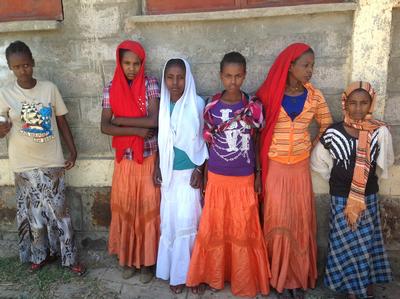
Sep 2016 - Jun 2018
Life Skills in Non-Formal Contexts for Adolescent Girls in Developing Countries

Nov 2017 - Apr 2018
[FCG(SIDA)-Mid-term Evaluation of Swedish government funded Civil Society ]

Jan 2015 - Dec 2017
Diversification of the Angolan Economy

Jan 2015 - Dec 2017
Inequality in Angola

Nov 2016 - Mar 2017
UD-Effects of terrorism and social unrest on the ready-made garments (RMG)]
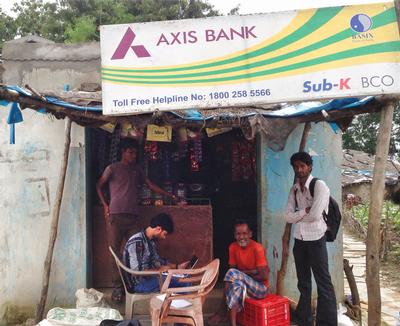
Jan 2013 - Dec 2016
Saving Behaviour and the Introduction of Mobile Banking in India
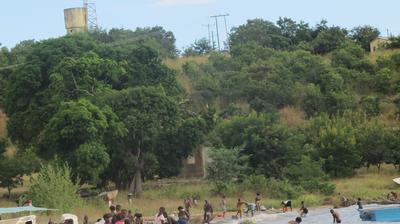
Apr 2011 - May 2016
Reality Checks in Mozambique 2011-2016
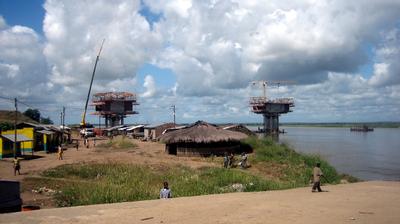
May 2015 - Apr 2016
Electronic Sales Register Machines, Tax Enforcement and Tax outcomes
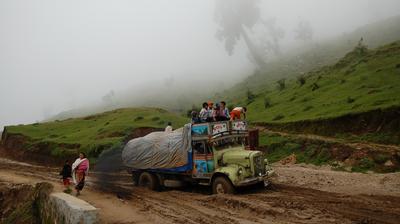
Jan 2013 - Mar 2016
Agrarian contracts and rural poverty in India
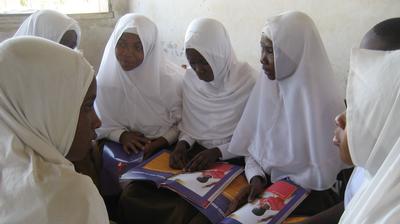
Jan 2013 - Dec 2014
Girl Power - Economic Empowerment in Tanzania
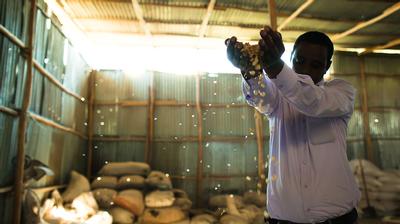
Jan 2011 - Dec 2014
On the mechanics of microfinance
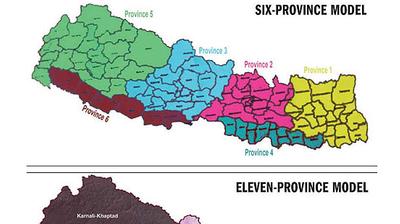
Jan 2012 - Dec 2014
Households, Livelihoods and Social and Political Transformation in Nepal
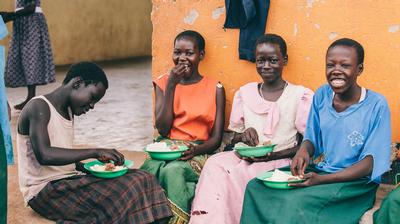
Jan 2011 - Dec 2014
Poverty and entrepreneurship
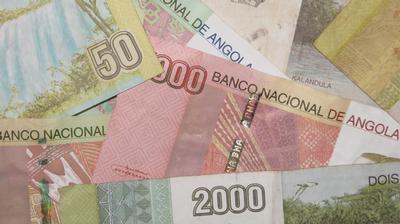
Jan 2011 - Dec 2014
Diversification of the Angolan economy
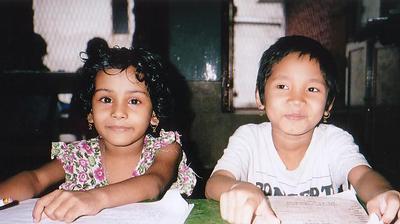
Dec 2010 - Jun 2014
Gender of children, education and occupational choice in Nepal
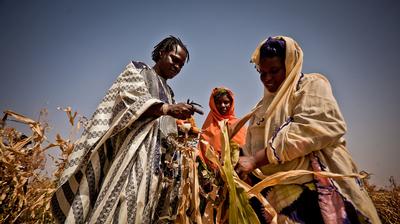
Oct 2008 - Feb 2014
Ethiopian Flower Farm Employment Project
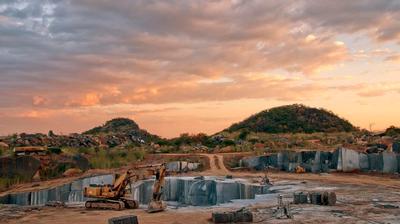
Jan 2011 - Jan 2014
CEIC-CMI Angola Programme (phase 2)
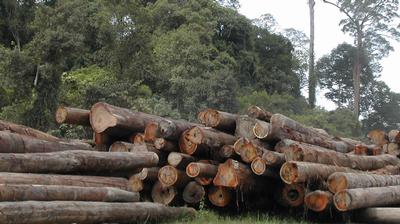
Jan 2011 - Dec 2013
Governance and FDI in Bangladesh: A global perspective
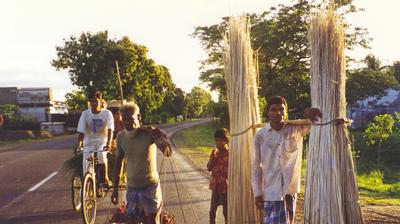
Jun 2010 - Dec 2013
Bangladesh: Capacity building and sustainability
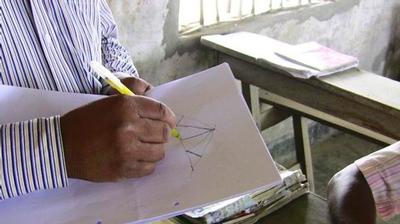
Jun 2010 - Dec 2013
Private sector development: The role of education and business training
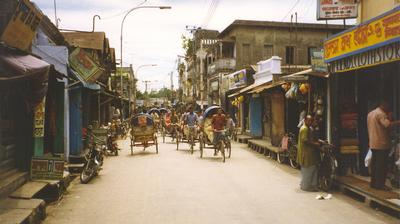
Jan 2010 - Dec 2013
Bangladesh: Programme monitoring and coordination
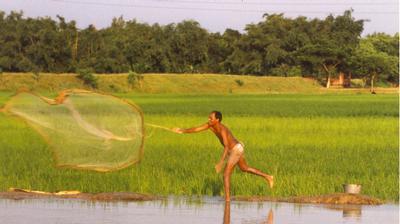
Jun 2010 - Dec 2013
Bangladesh: Inclusive growth and good governance
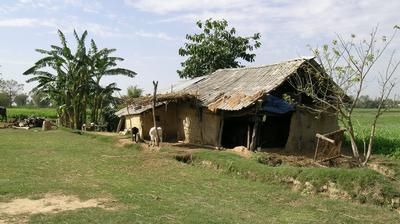
Jan 2010 - Nov 2013
Long term poverty dynamics in Nepal
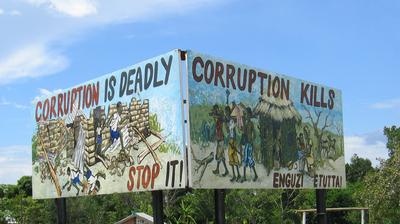
Jun 2011 - Dec 2012
Democracy and corruption
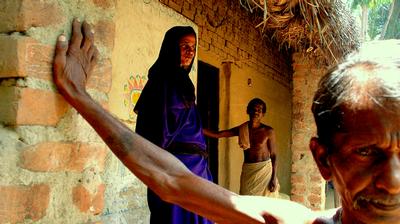
Aug 2009 - Dec 2012
Inclusive growth in India
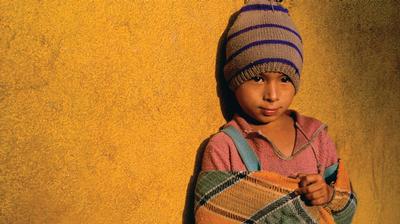
Jan 2006 - Dec 2012
Economic determinants of food intake and health outcomes in Nepal
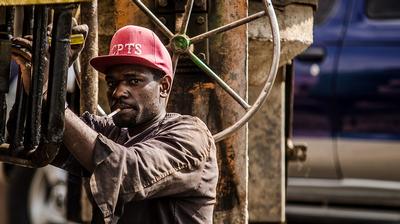
Jan 2009 - Dec 2011
Poverty Reduction and Gender Justice in Contexts of Complex Legal Pluralism
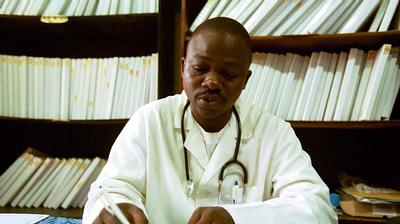
Jan 2009 - Dec 2010
Health, Poverty and Public Expenditure
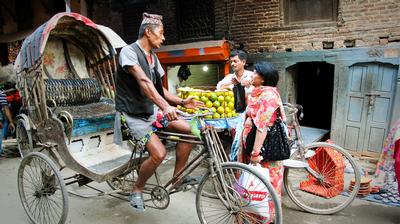
Jan 2009 - Dec 2010
Poverty traps in industries with low knowledge- and investment barriers

Jan 2008 - Dec 2010
Micro credit for Sustainable Development in Angola
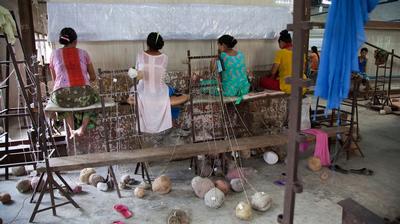
Jan 2008 - Dec 2010
Social networks and labour migration in South-Asia
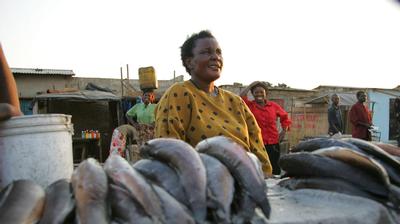
Apr 2008 - Dec 2009
Entrepreneurship and human capital

Feb 2009 - May 2009
Review of Project proposal on Vocational Training
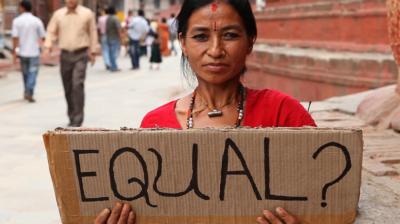
Jul 2006 - Mar 2009
Social exclusion, democratic inclusion and the insurgency in Nepal
Creating jobs and opportunities for the poor
We study the underlying societal and market mechanisms that may explain why people stay poor, and the design and impacts of programs to reduce poverty.
Jobs and access to finance are essential for poverty eradication and are at the heart of our research agenda.
We combine deep knowledge of particular regions in the South with analytical and empirical methods to understand why people stay poor, and to evaluate policy interventions.
The team has decades of experience from qualitative and quantitative research and commissioned work, with a focus
on East-Africa and South Asia.
Our research and evaluation expertise:
- Private sector development
- Entrepreneurial training
- Microfinance including savings and credit
- Informal credit markets and small-scale investments
- Income diversification
- Climate change adaptation
- Rural and urban labour markets, including migration
- Female empowerment and education
- Fertility and intra-household decisions
